Earlier this week my husband came home to find me raging over a review of my debut novel. Not because the (anonymous) commenter had criticised my plot, writing style, or character development. Why? But because they had dismissed my book as ‘a bit too much like chick lit’.
What on earth is wrong with chick lit?
During my English literature degree I slogged through books which were boring, draining and took hours off my life. I forced myself to finish The Return of the Native by Thomas Hardy and ploughed determinedly through War and Peace by Tolstoy.
Those books were the literary equivalent of eating my greens. Something I was obliged to suffer through without enjoyment.
After I finished by degree I didn’t read a book for a year. Reading had gone from being my greatest pleasure to a complete chore.
When I did eventually start reading again it was Helen Fielding’s third Bridget Jones book, a fun frivolous frothy book, tinged with sadness about loss and wisdom about getting older. Every day while I was reading it I would finish work and get a little flutter of excitement about reading on the tube. All of a sudden, I remembered that reading is supposed to be fun.
Chick lit is full of sparkly, funny, well drawn characters who feel so real you could imagine having cocktails with them. The storylines move along at a light speed and carry you with them. Chick lit will generally speaking make you laugh, make you cry and give you a little holiday from your own life, something which many of us really need.
Anyone who has lost an afternoon on a sun lounger reading Sophie Kinsella, or survived a long train journey with Jilly Cooper will tell you that.
So why is it so often dismissed and derided? Because it’s written for and by women.
Just as traditionally female art forms such as embroidery were never revered in the same way that paintings were, books which feature women are treated differently to books by men. Take for instance smash hit best seller One Dayby David Nichols. It’s beautiful, lyrical and heart wrenching. But it’s no more literary than something like Me Before You by Jojo Moyes.
I can’t help thinking that if One Day were written by a woman it would have been called chick lit, and that if Me Before You had been written by a bloke it would have been given a black and white cover and lots of very serious reviews in literary magazines.
The fact that there is even a name for a genre of fiction by women about women is depressing. Funnily enough there is no title given to books written for men by men. ‘Dick lit’ is not a thing. Those books, and there are a hell of a lot of them, are just called ‘books’.
The only exception to the ‘written by a man’ rule is the ‘written a really long time ago’ rule. If a book is old it apparently transcends chick lit and becomes A Good Book. For instance, Pride and Prejudice which is basically the story of a load of twenty somethings trying to get a date. Or Jane Eyre, which is about falling in love with an older married man who happens to be your boss. Wuthering Heights, a story about making poor romantic choices in a world before Tinder.
Books by Austen and Bronte are exciting, pacey and often very funny. They’re absolutely grade A chick lit.If Sense and Sensibility were they written in 2019 it would be published under pink covers with glittery shoes on the front and male literature critics would wrinkle their noses at it.
These days I refuse to read more than two chapters of any book which I find boring. In the last year I’ve chucked Anna Karenina for Lucy Vine’s Hot Mess, James Joyce’s Ulysses for Sophia Money Coutts’ The Plus One. You can keep Thomas Hardy, I want Veronica Henry. Those are the kinds of books which turn a slow commute into a thing of joy.
I’m proud to have written a book which is chick lit with murder. It might not get nominated for any prestigious prizes, and I’m not expecting it to be on the GCSE syllabus any time soon.
But it might just improve someone’s journey home from work, amuse on a terrible family holiday or give a book club who are really more of a wine club something to gossip about. And as far as I’m concerned, those things are far more valuable
Read more: the 12 books we couldn't stop talking about in 2018
the 12 books we couldn't stop talking about in 2018 - Grazia (slider)
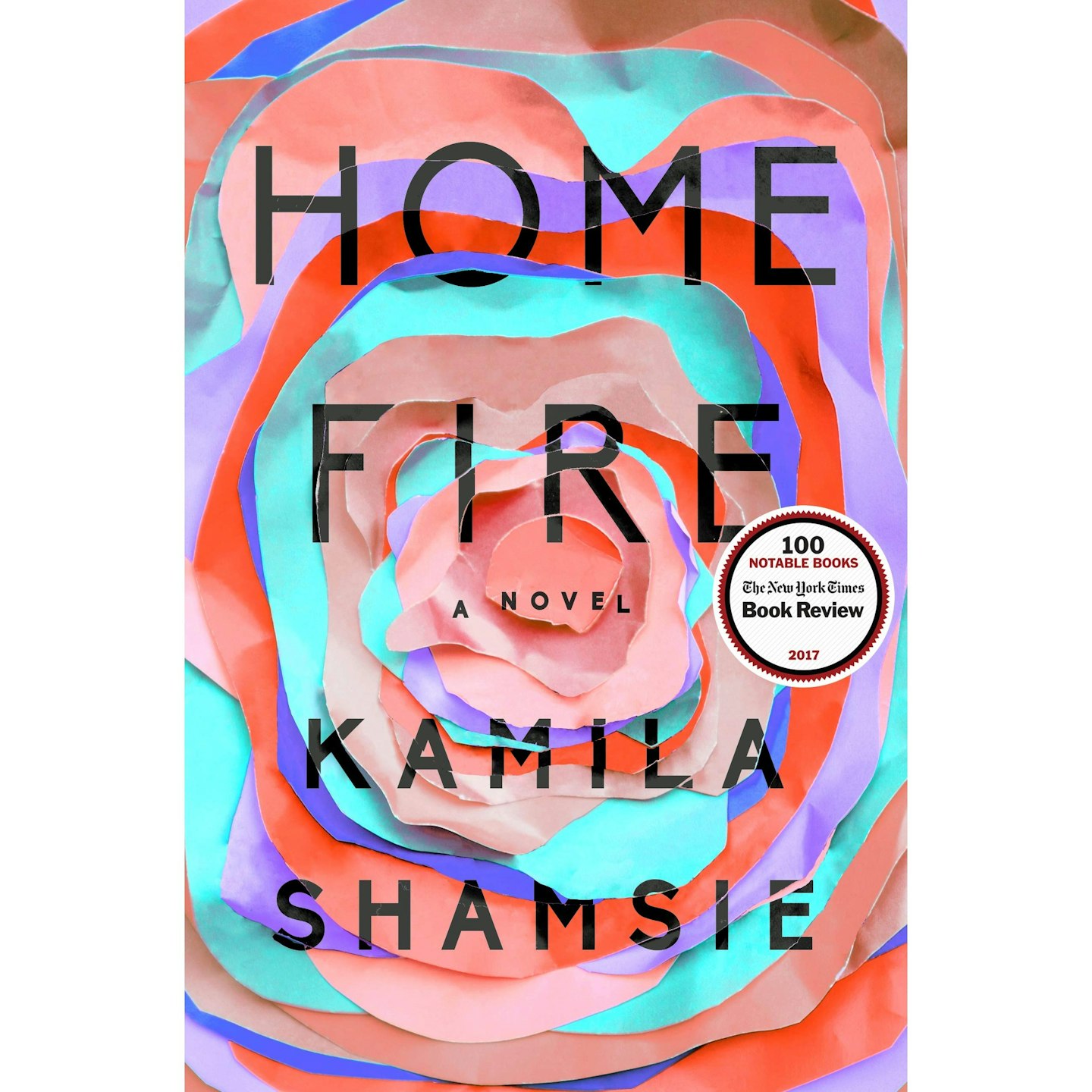 1 of 12
1 of 12Home Fire - Kamila Shamsie (Bloomsbury)
Shamsie's story of London, ISIS and family ties won the Women's Prize and rightly so - her modern retelling of Antigone was compelling and insightful.
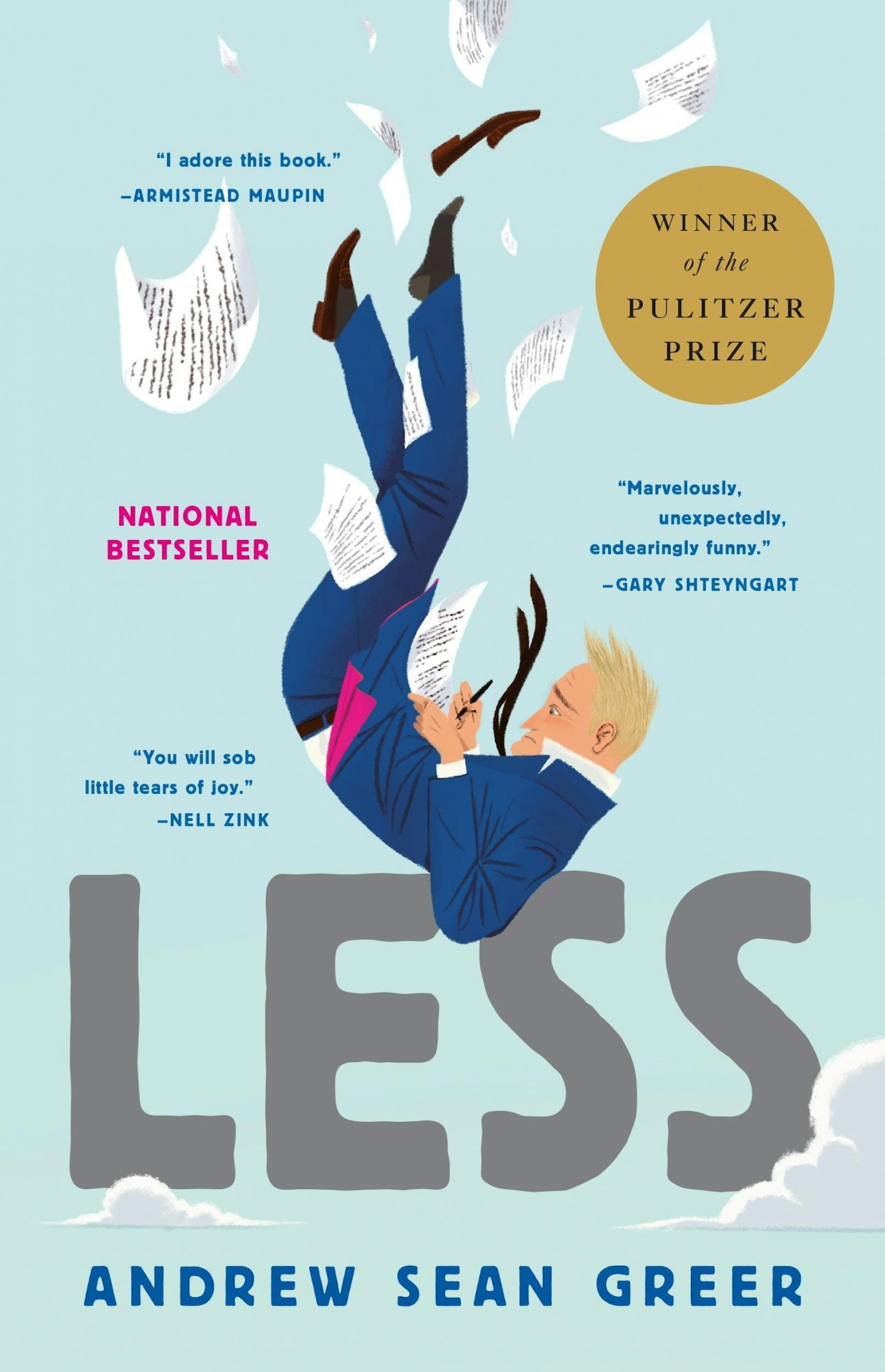 2 of 12
2 of 12Less - Andrew Sean Greer (Abacus)
A satire about the literary world which should be ghastly but had such a likeable hero that it became a heart-warming caper about masculinity, fallibility and writing.
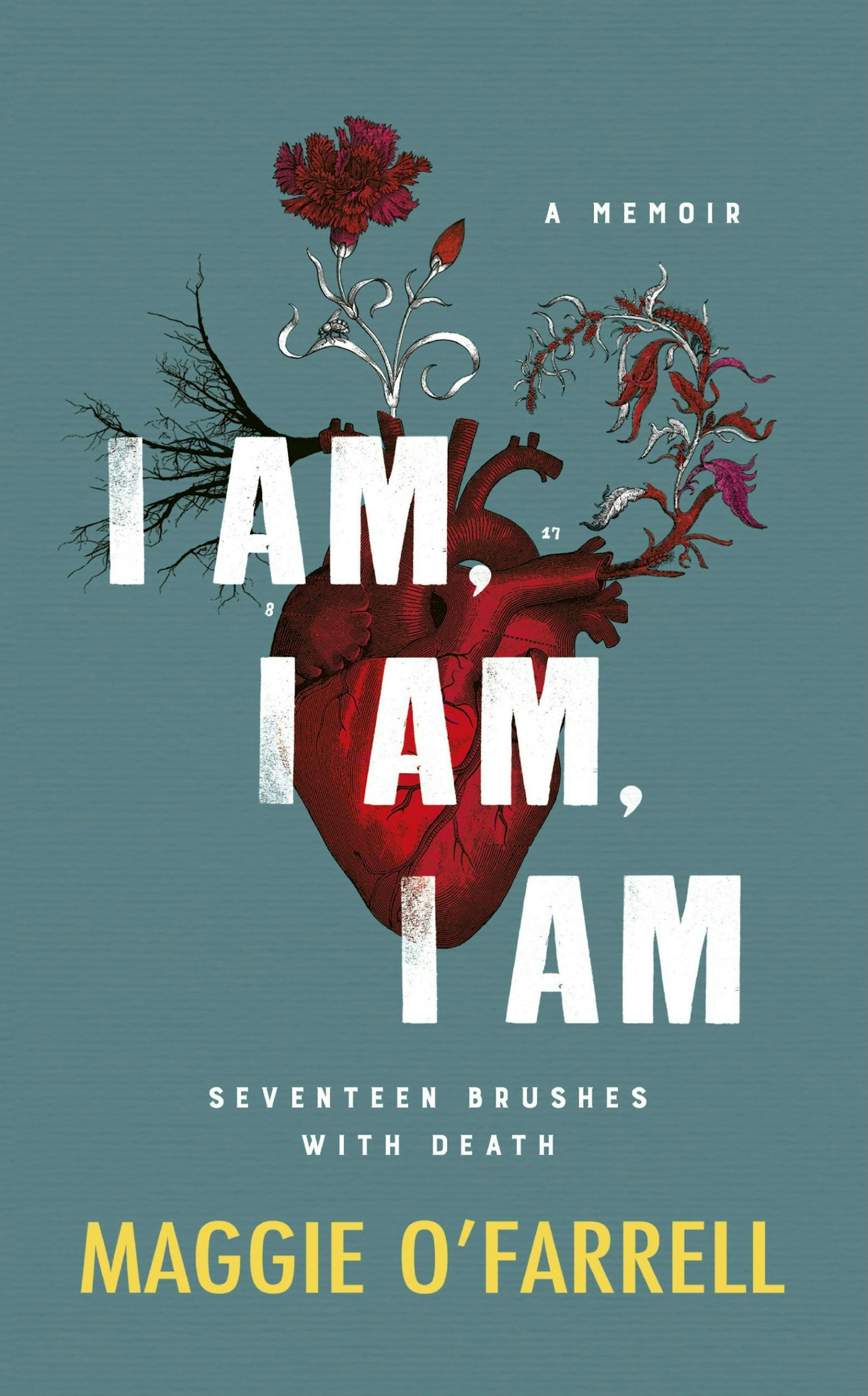 3 of 12
3 of 12I am I am I am - Maggie O’Farrell (Tinder Press)
Part memoir, part meditation on mortality, this collection of O'Farrell's near death experiences over the years is an extraordinary, life affirming page turner.
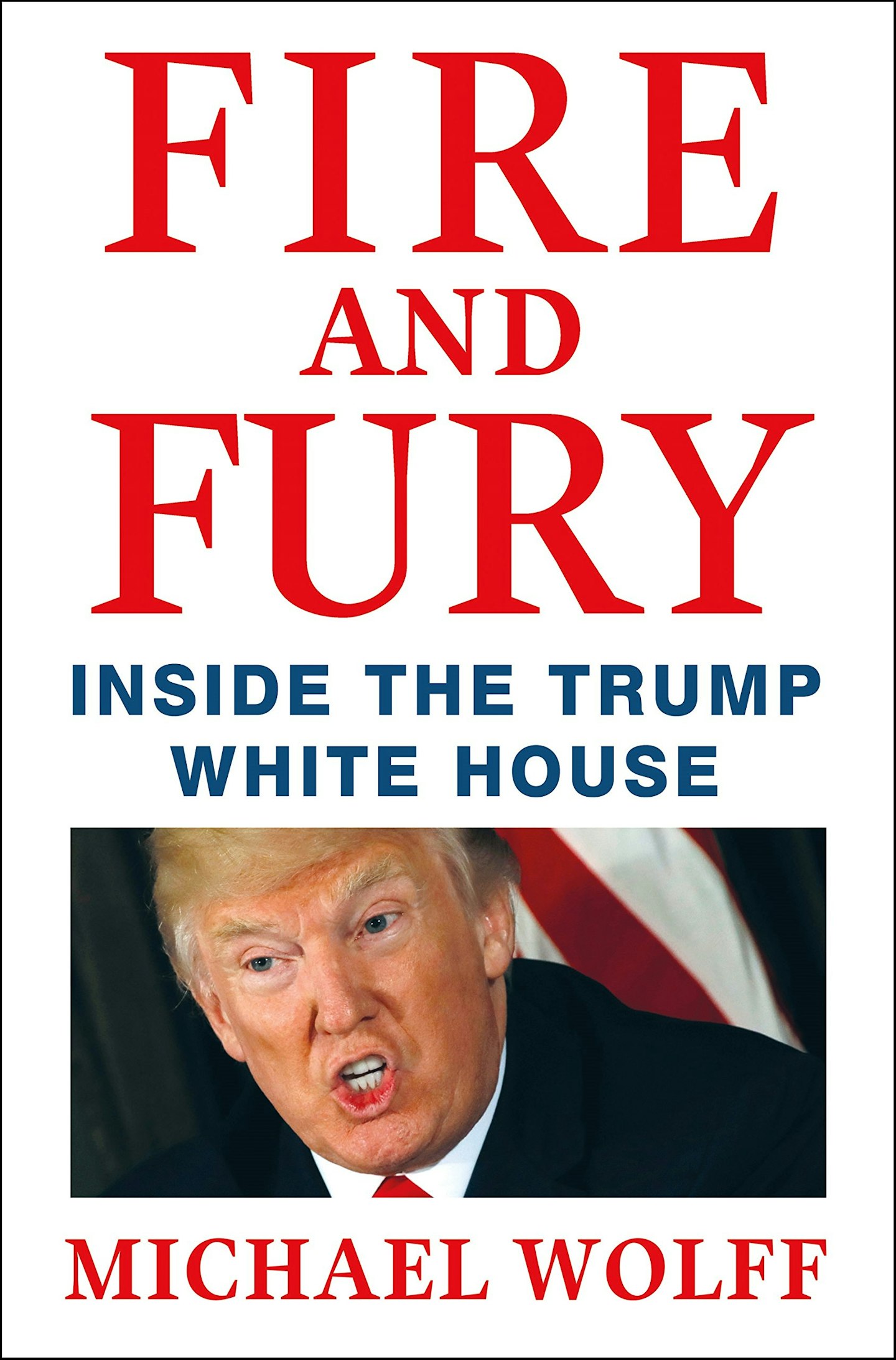 4 of 12
4 of 12Fire & Fury - Michael Wolff (Little, Brown)
Wolff kicked off another year of febrile behaviour in the White House with this explosive behind-the-scenes look at Trump's first year in power. Suffice to say the President was not amused.
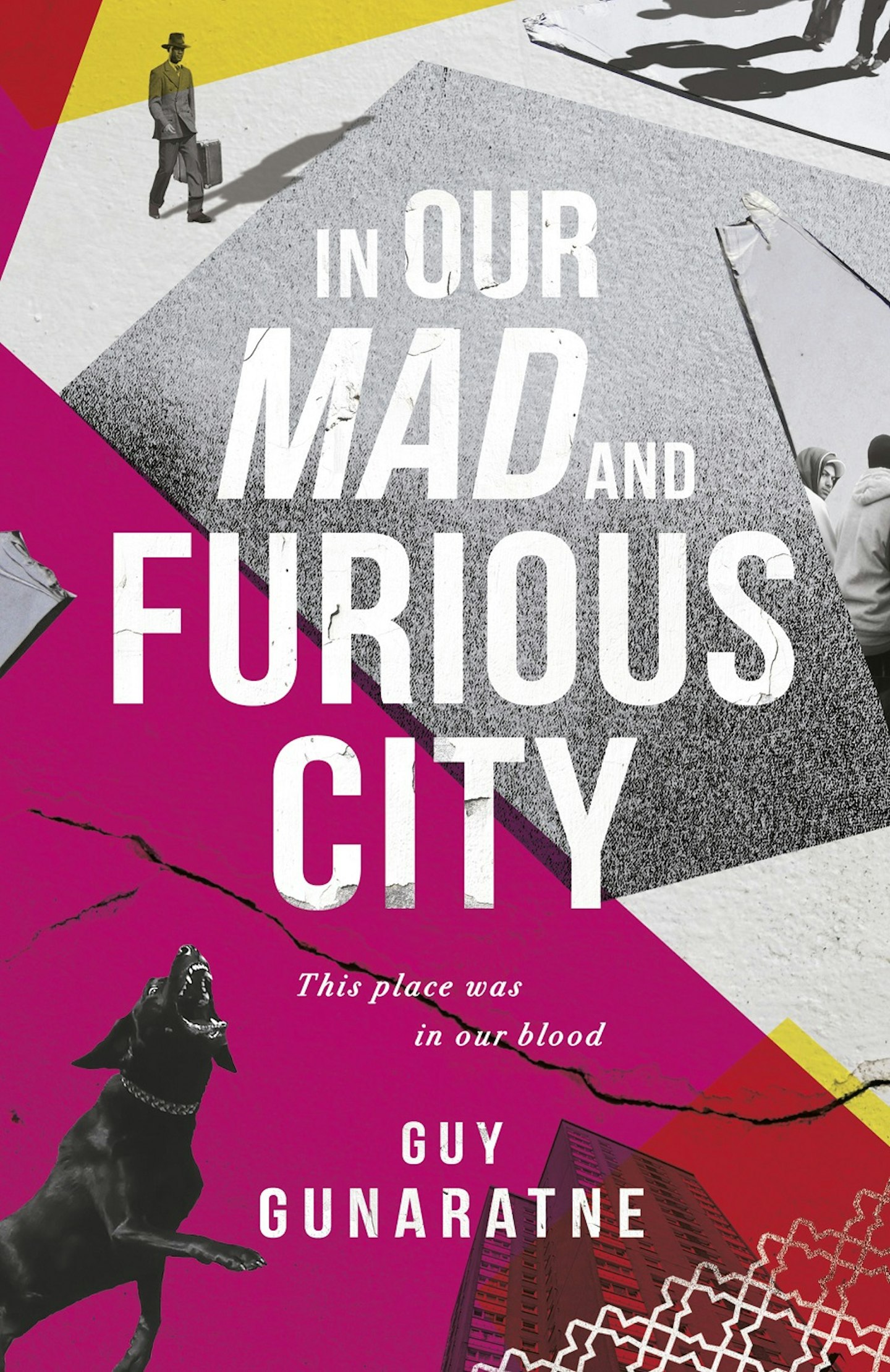 5 of 12
5 of 12In Our Mad and Furious City - Guy Gunaratne (Tinder Press)
An urban summer told by a fresh voice. Gunaratne was Man Booker longlisted for this story of London teenagers in a vibrant but sometimes hostile Britain.
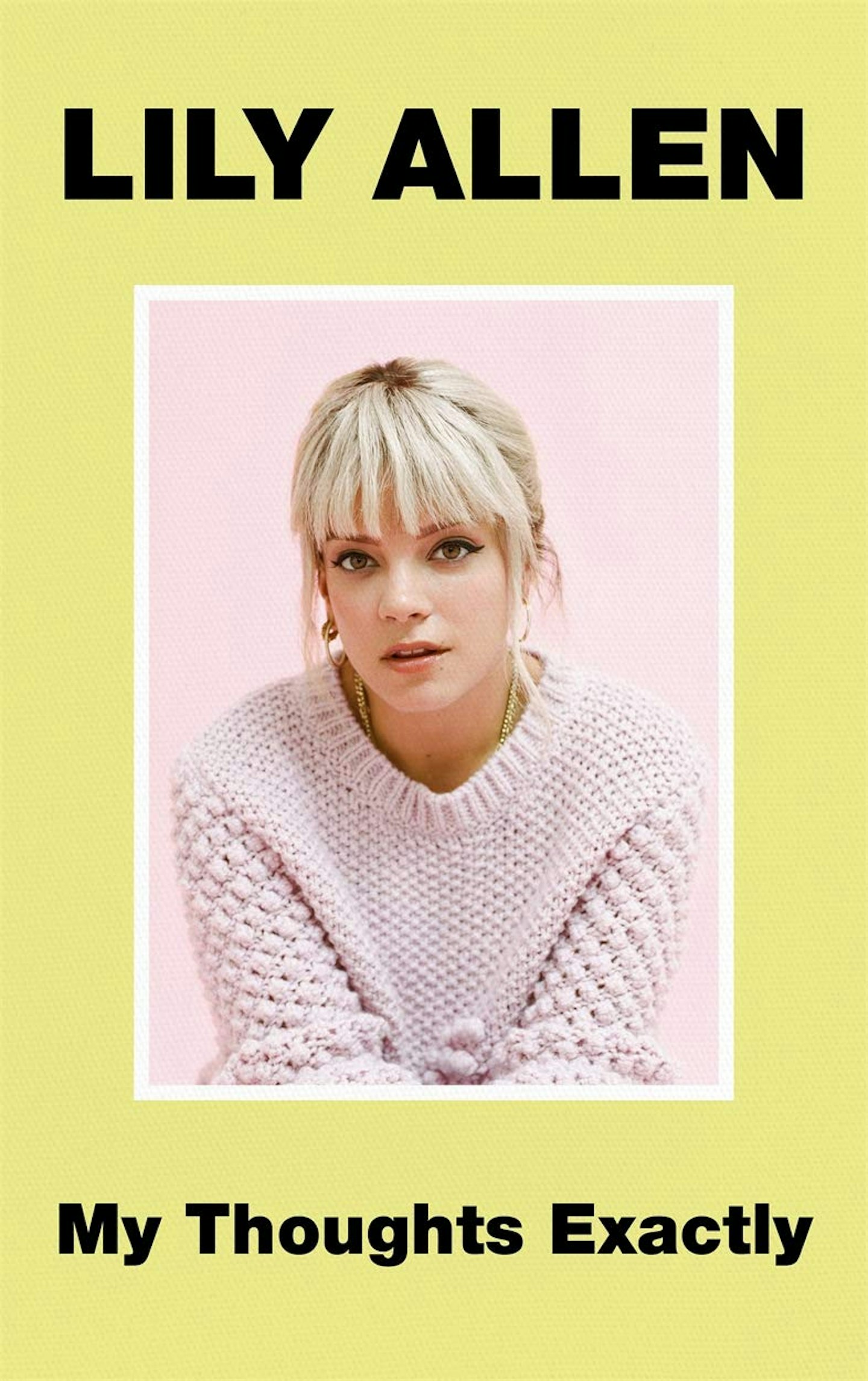 6 of 12
6 of 12My Thoughts Exactly - Lilly Allen (Blink Publishing)
Allen's forthright autobiography was heavy on gossip but never at the expense of likeable openheartedness. Must have been tough to write but all the better for it.
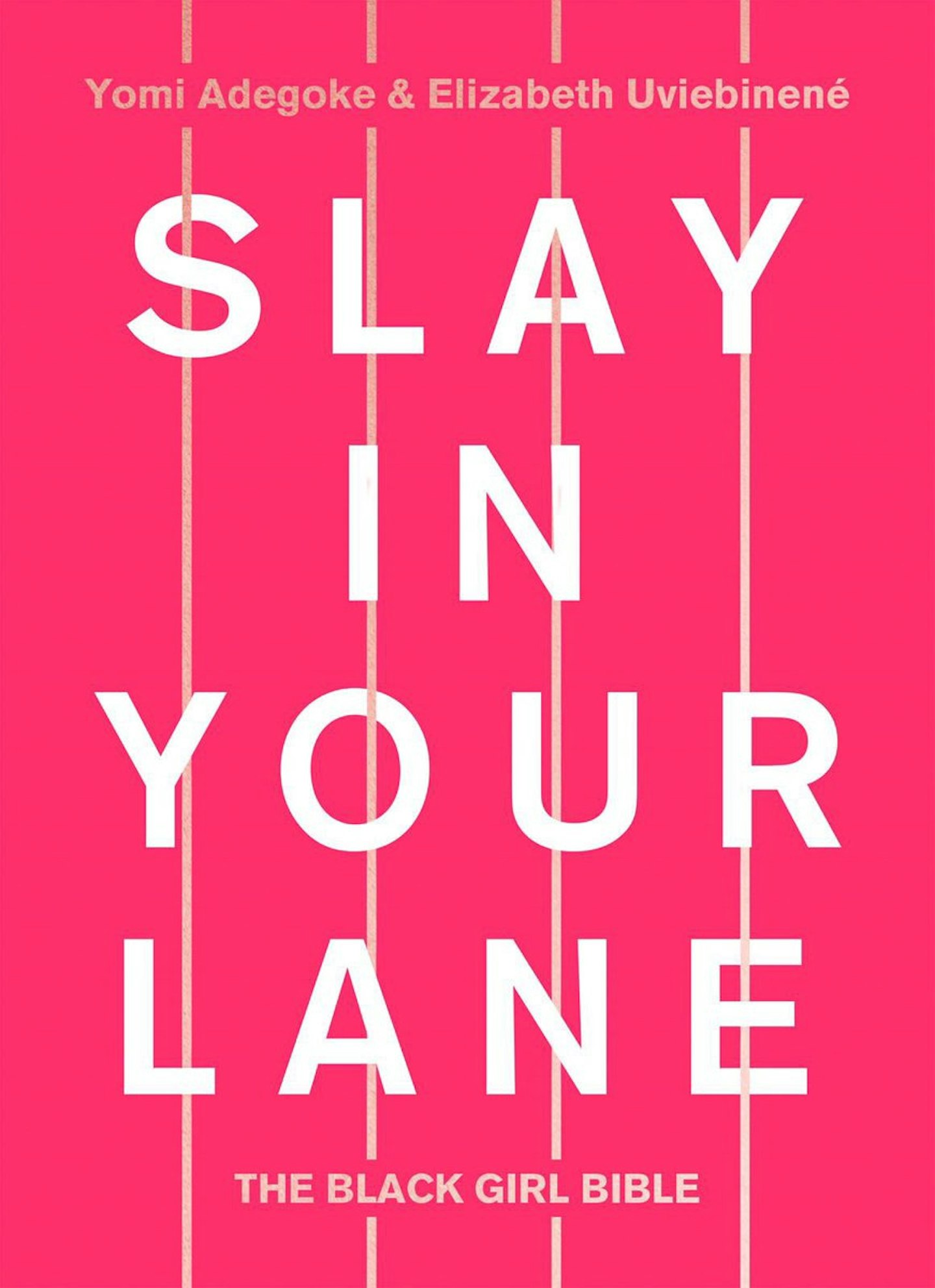 7 of 12
7 of 12Slay in Your Lane: The Black Girl Bible - Elizabeth Uviebinené and Yomi Adegoke (Fourth Estate)
Guide to being a black girl in modern urban Britain which is essential reading for both the women it describes and anyone who could do with a crash course in understanding their lives. Unmissable.
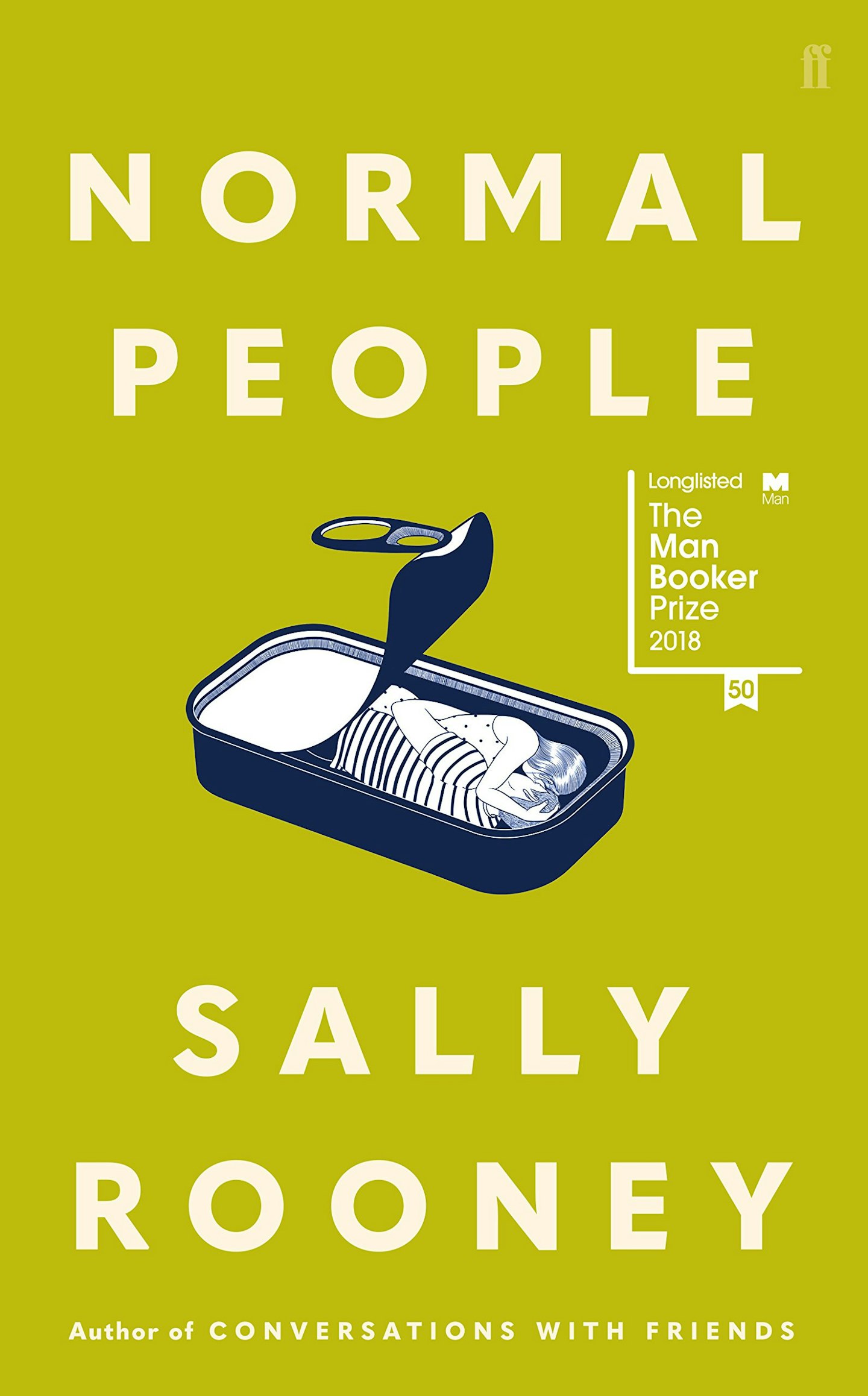 8 of 12
8 of 12Normal People - Sally Rooney (Faber)
What looked like a charming story of teen romance turned out to be so much more. Family, class, ambition and friendship all play out beautifully.
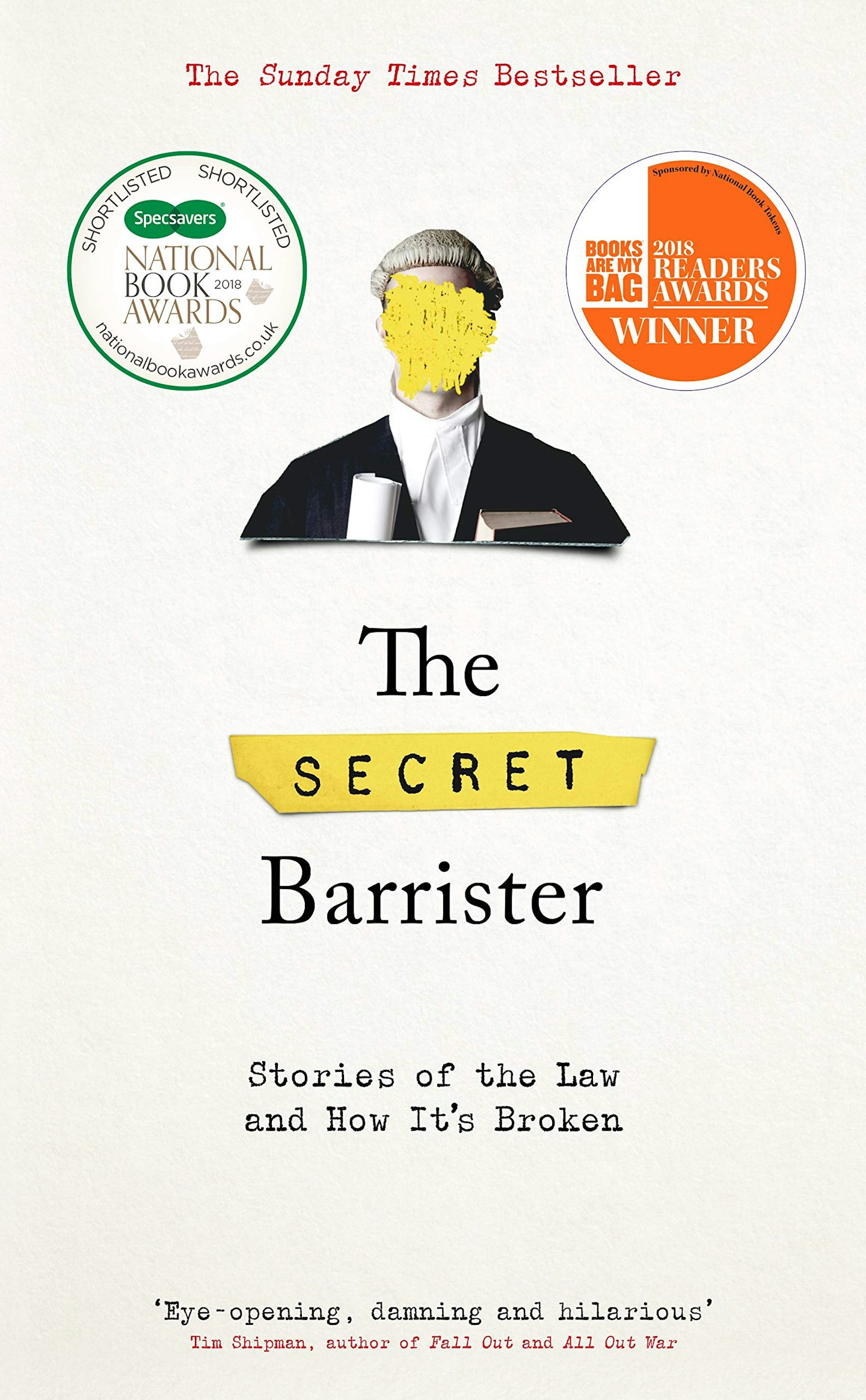 9 of 12
9 of 12The Secret Barrister: Stories of the Law and How It’s Broken - The Secret Barrister
An anonymous blogger spills the beans on what it's like to work in the legal system, how it's navigated and its current considerable flaws. Essential reading.
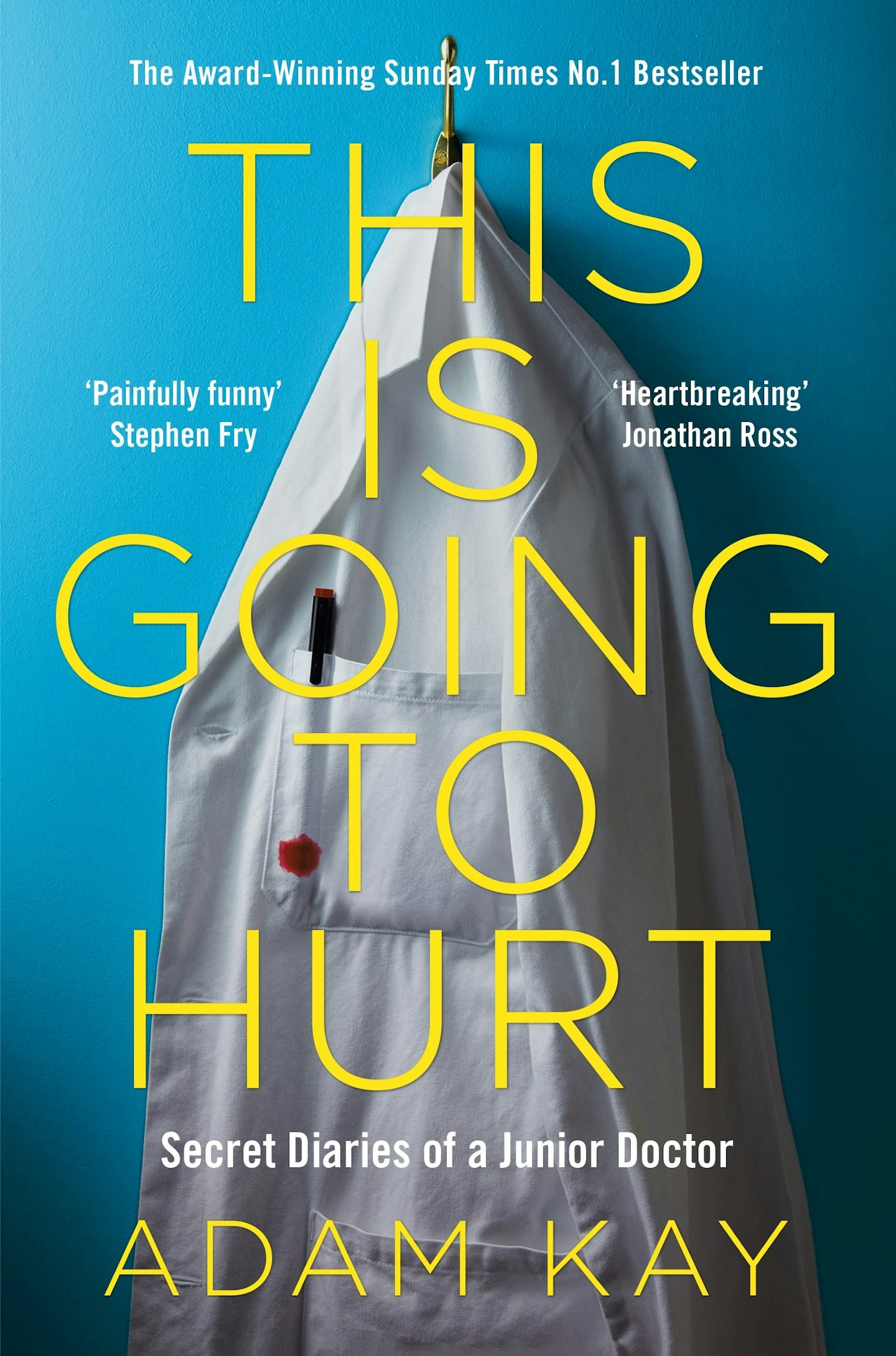 10 of 12
10 of 12This is Going to Hurt: The Secret Diaries of a Junior Doctor - Adam Kay (Picador)
Hilarious and heartbreaking in equal measure, these stories are inspiring about what the human heart (and body!) can endure, but enraging regarding our beloved NHS.
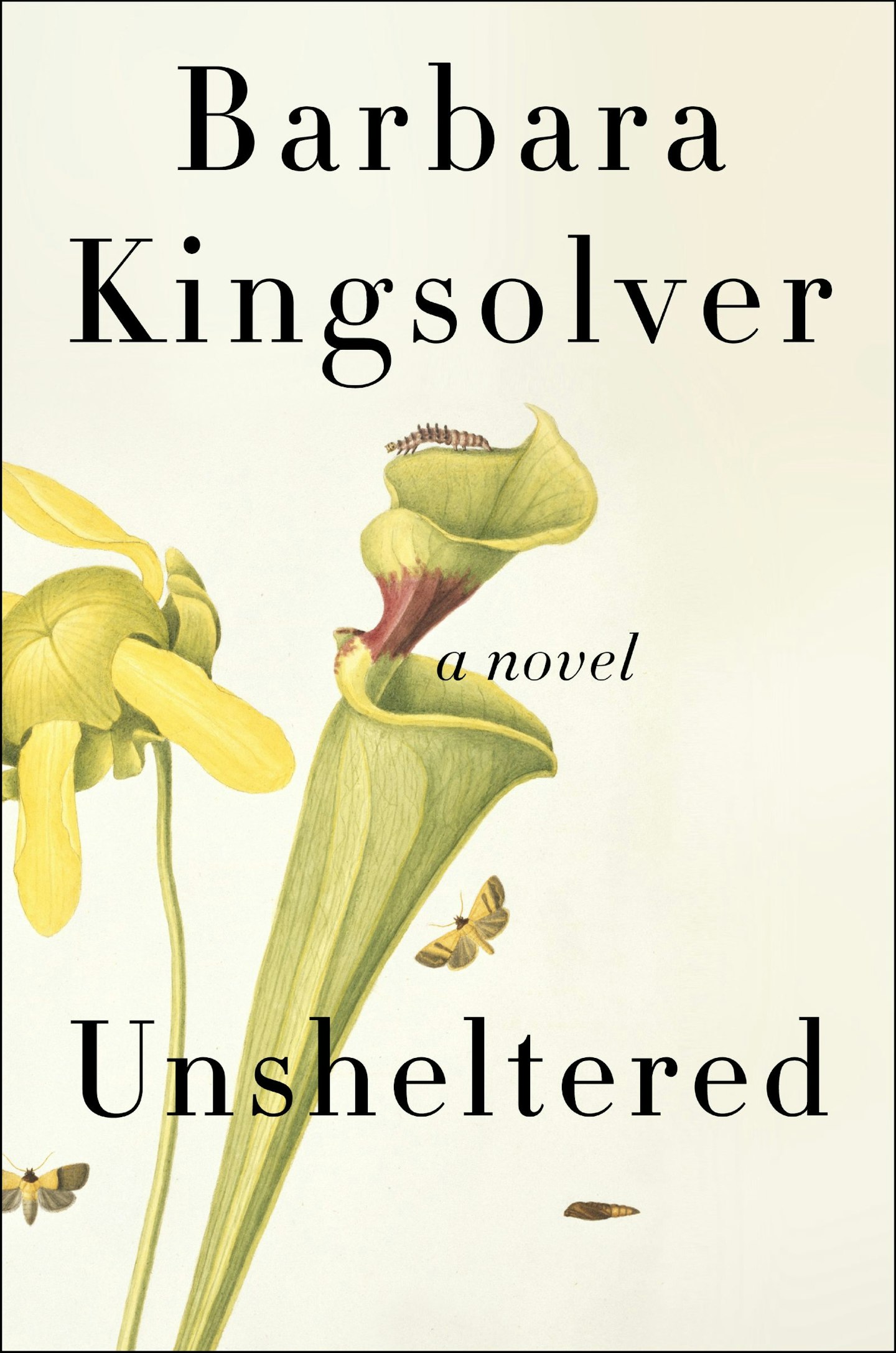 11 of 12
11 of 12Unsheltered - Barbara Kingsolver (Faber)
A pitch perfect look at post-Obama America and its parallels to its post-civil-war ancestors, this is rich, satisfying and filled with hugely likeable characters.
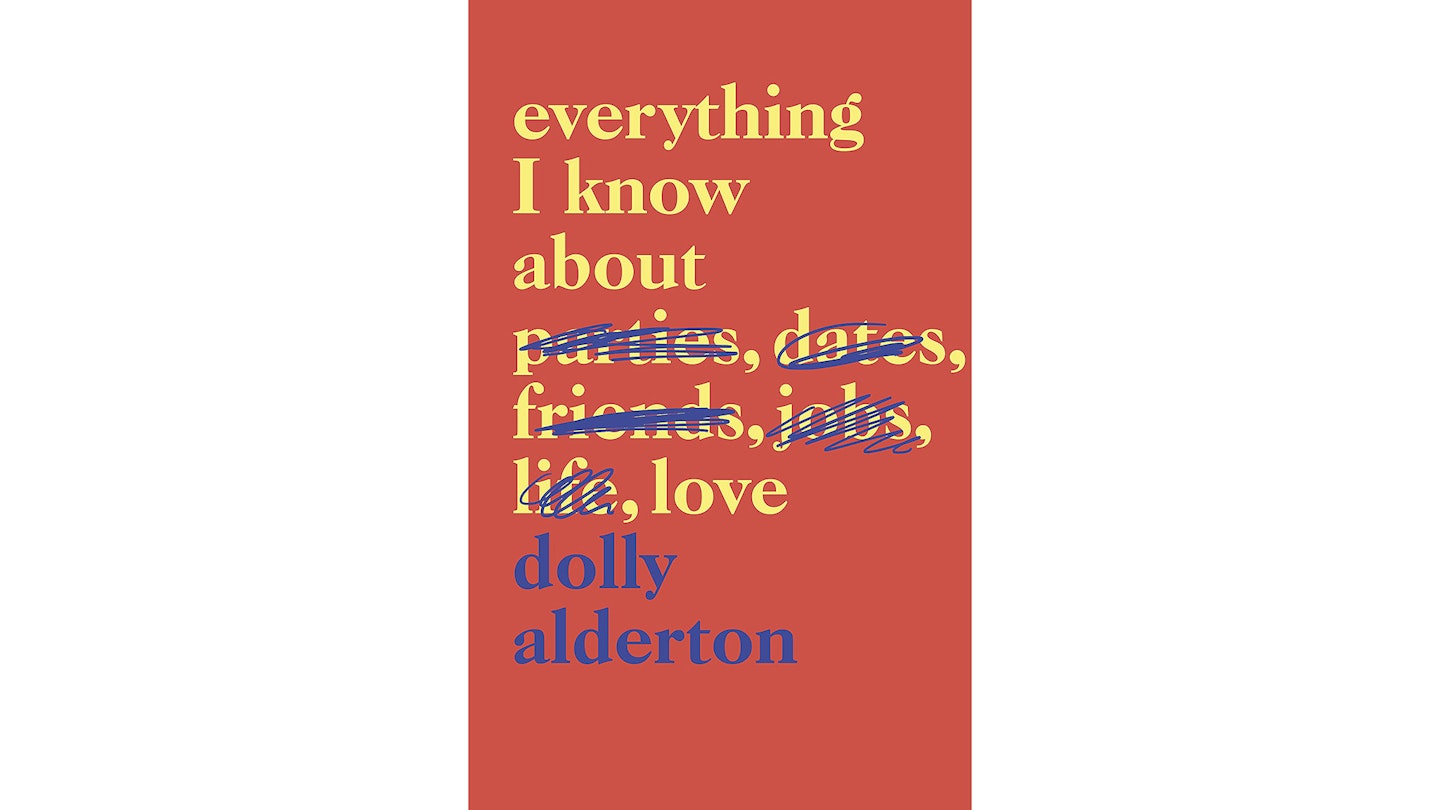 12 of 12
12 of 12Everything I Know About Love - Dolly Alderton (Fig Tree)
A love letter to the torment and pleasure of life in your 20s, this is both side-splittingly funny and a full-throttle tear jerker.
